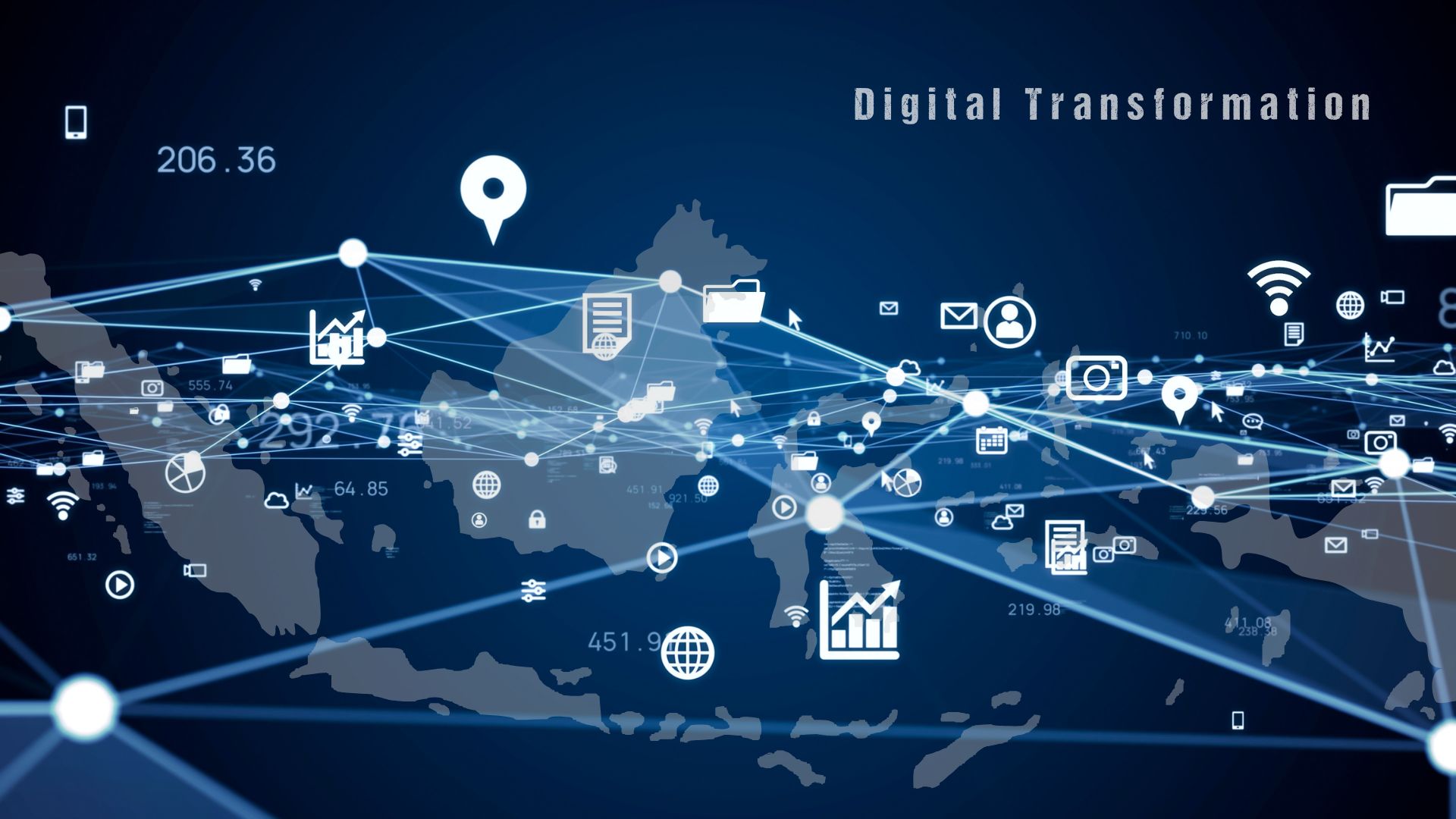Public and Private Investments Propel Indonesia’s Digital Transformation
Indonesia is advancing its digital transformation journey through significant investments in infrastructure and technology. A landmark collaboration between the Indonesia Investment Authority (INA) and Granite Asia has pledged up to $1.2 billion to boost the nation’s digital economy. This partnership focuses on companies deeply connected to the Indonesian market, aiming to introduce innovative technologies that strengthen local ecosystems and drive sustainable growth.
According to Ridha Wirakusumah, CEO of INA, the collaboration with Granite Asia, a renowned investor with over 24 years of experience in technology-focused ventures aligns with the government’s goal of enhancing digital infrastructure. “Our investment strategy centers on creating a resilient digital economy,” Wirakusumah explained. The partnership seeks to provide flexible and customized capital solutions, catering to businesses across various growth stages.
Digital ID: A Pillar of Transformation
Digital identity systems, particularly those integrated with biometric authentication, have become central to Indonesia’s digital agenda. Digital IDs aim to combat cybercrime and improve access to financial services, healthcare, and banking. However, achieving this vision requires robust infrastructure investments.
Nicolas Bouverot, Vice President for Asia at Thales, highlights the crucial role of digital connectivity in realizing the potential of digital IDs. In an opinion piece for the Jakarta Globe, Bouverot explained how Indonesia’s SATRIA-1 satellite, operational since early 2024, has bridged the connectivity gap for over 145,000 previously underserved locations. “Beyond reducing the digital divide, enhanced internet access is pivotal to establishing a successful digital identity ecosystem,” he wrote.
Expanding Internet Connectivity
While satellite technology addresses remote areas, fiber-optic networks are enhancing urban and semi-urban connectivity. PT Asianet Media Teknologi recently launched Unifiber, a Fiber-To-The-Home (FTTH) product that delivers high-speed internet to 36 major cities. This initiative supports the Digital Indonesia 2045 vision, emphasizing the need for adaptive digital infrastructure that caters to both current and future demands.
Prakash Ranjalkar, President Director of Asianet, stated, “Unifiber’s FTTH network is a game-changer for Indonesia’s digital future, ensuring we stay ahead in the rapidly evolving tech landscape.” By collaborating with Internet Service Providers (ISPs), Asianet aims to extend high-quality internet access to the sprawling archipelago.
Paving the Way for Smart Cities
Indonesia’s broader digital transformation is tied to its ambition of becoming a high-income nation by 2045. Central to this vision is the development of 100 smart cities, integrating advanced technologies like AI, IoT, and cybersecurity to enhance urban living. Smart city initiatives focus on inclusive economic growth, disaster resilience, and regulatory frameworks tailored to digital ecosystems.
The NEC amuse hub, launched by PT NEC Indonesia, exemplifies this push toward innovation. Located at BSD City’s Digital Hub, the facility showcases advanced solutions, including smart transportation systems, biometric recognition, and cybersecurity technologies. By enabling live demonstrations, the hub provides a glimpse into the future of Indonesian cities.
A recent white paper by YCP Advisory explored the feasibility of Indonesia achieving its smart city goals, citing Jakarta and Bandung as model cities with scalable approaches. The report identified key challenges, such as uneven infrastructure and data security concerns, which must be addressed to fully realize these ambitions.
Driving Economic Growth Through Digitalization
The digital economy is poised to play a transformative role in Indonesia’s future, with projections estimating a growth from IDR 1,005 trillion in 2021 to IDR 4,531 trillion by 2030. Key sectors such as e-commerce, fintech, and health tech are leading the charge, supported by investments in digital infrastructure.
However, challenges persist. Regional disparities in internet access and concerns over data privacy and cybersecurity remain significant hurdles. Massive digital literacy campaigns are needed to ensure that all citizens, including those in remote areas, can benefit from the digital transformation.
President Prabowo’s administration has prioritized economic inclusivity, aiming for annual growth rates of 6-8% to achieve the ambitious 2045 targets. Public-private partnerships, such as the one between INA and Granite Asia, will be critical to achieving these goals, bridging the gap between policy aspirations and tangible outcomes.
Indonesia’s journey toward digital transformation is not without challenges, but it presents immense opportunities for innovation, inclusivity, and economic resilience.
Acknowledgment
Indonesia’s progress in digital transformation reflects the collaborative efforts of its government, private sector, and international partners. Initiatives by organizations like INA, Granite Asia, PT Asianet Media Teknologi, and NEC Indonesia underscore the power of collective action in addressing challenges and seizing opportunities. Their contributions, alongside innovative policies and technologies, are paving the way for a digitally connected, inclusive, and prosperous future.
Read More






 Wednesday, 04-03-26
Wednesday, 04-03-26







